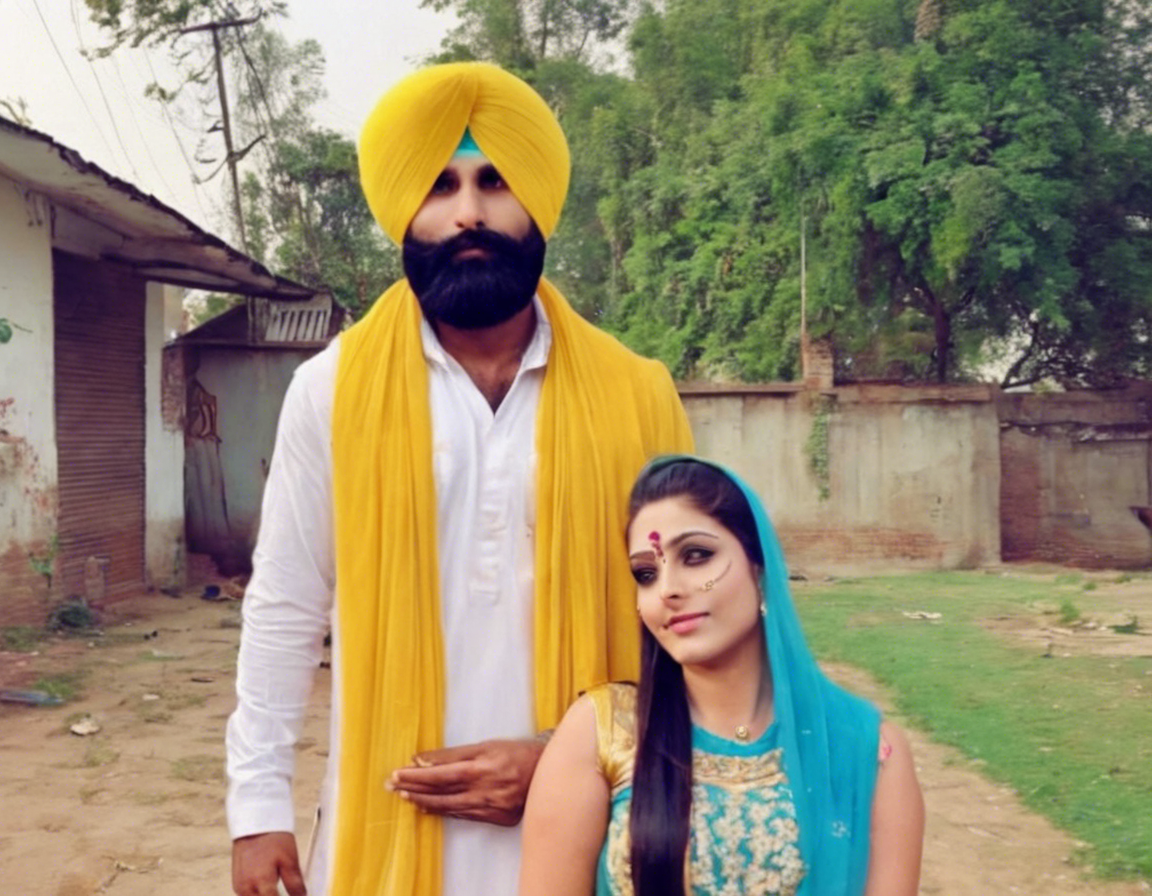The recent viral news of a man from Punjab dressing up as his girlfriend has captured the attention of millions, sparking a wave of reactions and discussions across social media platforms. While some view this act as humorous and light-hearted, others see it as a reflection of the evolving dynamics of relationships in the digital age. Let’s delve deeper into this viral phenomenon and explore the underlying implications.
The Viral Story
In a world where social media plays a significant role in shaping public perception, it’s not uncommon for individuals to go to great lengths to garner attention online. The story of the Punjab man who decided to dress up as his girlfriend to help her pass an exam is a testament to the power of viral trends in today’s interconnected world.
Motivations Behind the Viral Stunt
While the initial reaction to this story may be one of amusement or astonishment, it’s essential to consider the motivations behind such acts. In a society where validation and recognition are often linked to online visibility, some individuals may resort to unconventional methods to stand out in a sea of content. The desire for likes, shares, and comments can drive people to engage in attention-grabbing behavior, even if it means stepping outside societal norms.
Impact on Relationships
The Punjab man’s decision to dress up as his girlfriend raises intriguing questions about the nature of modern relationships. In an era where social media blurs the lines between public and private life, how we present ourselves online can significantly influence our personal connections. This viral incident serves as a reminder that the boundaries between reality and performance are becoming increasingly fluid, challenging traditional notions of authenticity and identity in relationships.
Navigating Online Attention
As the boundaries between the physical and digital realms continue to blur, individuals must navigate the complexities of online attention carefully. While seeking validation and recognition is a natural human desire, it’s essential to consider the long-term consequences of our actions in the pursuit of fleeting fame. Building genuine connections based on trust, respect, and mutual understanding remains crucial in fostering healthy relationships, both online and offline.
Final Thoughts
In conclusion, the viral story of the Punjab man dressing up as his girlfriend serves as a thought-provoking commentary on the intersection of social media, relationships, and self-expression. As we navigate the ever-evolving landscape of digital communication, it’s essential to reflect on the underlying motivations driving our online behavior and consider the impact of our actions on ourselves and those around us. Ultimately, authenticity, empathy, and communication are key pillars in cultivating meaningful connections that stand the test of time, both in the real world and the virtual one.
FAQs:
- What led the Punjab man to dress up as his girlfriend?
-
The man reportedly dressed up as his girlfriend to help her pass an exam, showcasing his dedication and creativity in a unique way.
-
How did the viral story impact social media users?
-
The viral story sparked a mix of reactions, with some finding it amusing and others reflecting on the implications of seeking online attention.
-
What does the Punjab man’s act signify in the context of modern relationships?
-
The act highlights the evolving dynamics of relationships in the digital age, where social media plays a significant role in shaping personal connections.
-
How can individuals balance seeking online validation with maintaining authentic relationships?
-
Balancing online validation with authentic relationships requires introspection, open communication, and a focus on building genuine connections beyond the digital realm.
-
What can we learn from the Punjab man’s viral stunt in terms of self-expression and identity?
- The viral incident underscores the importance of considering the implications of our online actions on our self-expression, identity, and relationships with others.
